Preserving and amplifying the ecological wisdom of Indigenous women across Northeast India through collaborative storytelling, illustrated books, and documentary films that honor traditional knowledge and inspire the next generation of environmental stewards.
.webp)
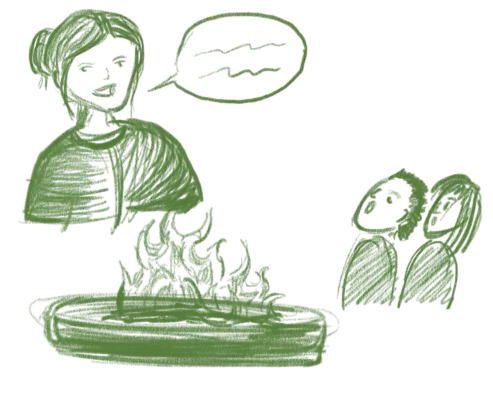
Crowdfunded by Green Hub & Sanctuary Asia
This project aims to document and celebrate the often-overlooked contributions of women to environmental conservation in Arunachal Pradesh through an illustrated nature-themed storybook. The methodology involves holding discussions with village elders, women groups and community members for collecting stories and conducting workshops on gender and inclusion with school children.
The chapters of the book will be orchestrated around female characters, both fictional and factual, who explore the relationships between nature and gender. While some chapters will be illustrated, others will allow students to submit their own drawings along with discussion questions to promote reflection and comprehension. Children between the ages of 8 and 14 are the book's main target age group because these are the years when values and perceptions are most likely to be formed.

Funded by the Zubaan Researcher's Grant 2025
Women have always been a crucial part of the compendium of traditional ecological knowledge, preserved in history through folklores and folktales. Their significance is reflected across Arunachal Pradesh in the form of specific cultural practices, beliefs and taboos. However, the presence of their stories only in the form of oral records, low literacy, early marriages and other socio-economic problems are overshadowing their past and present contribution to nature conservation.
The book under this project will be an attempt to gather narrations of female characters that have previously only been present in the community's memories, in an effort to bring about change and to emphasize the importance of their contributions to our understanding of forests and wildlife.

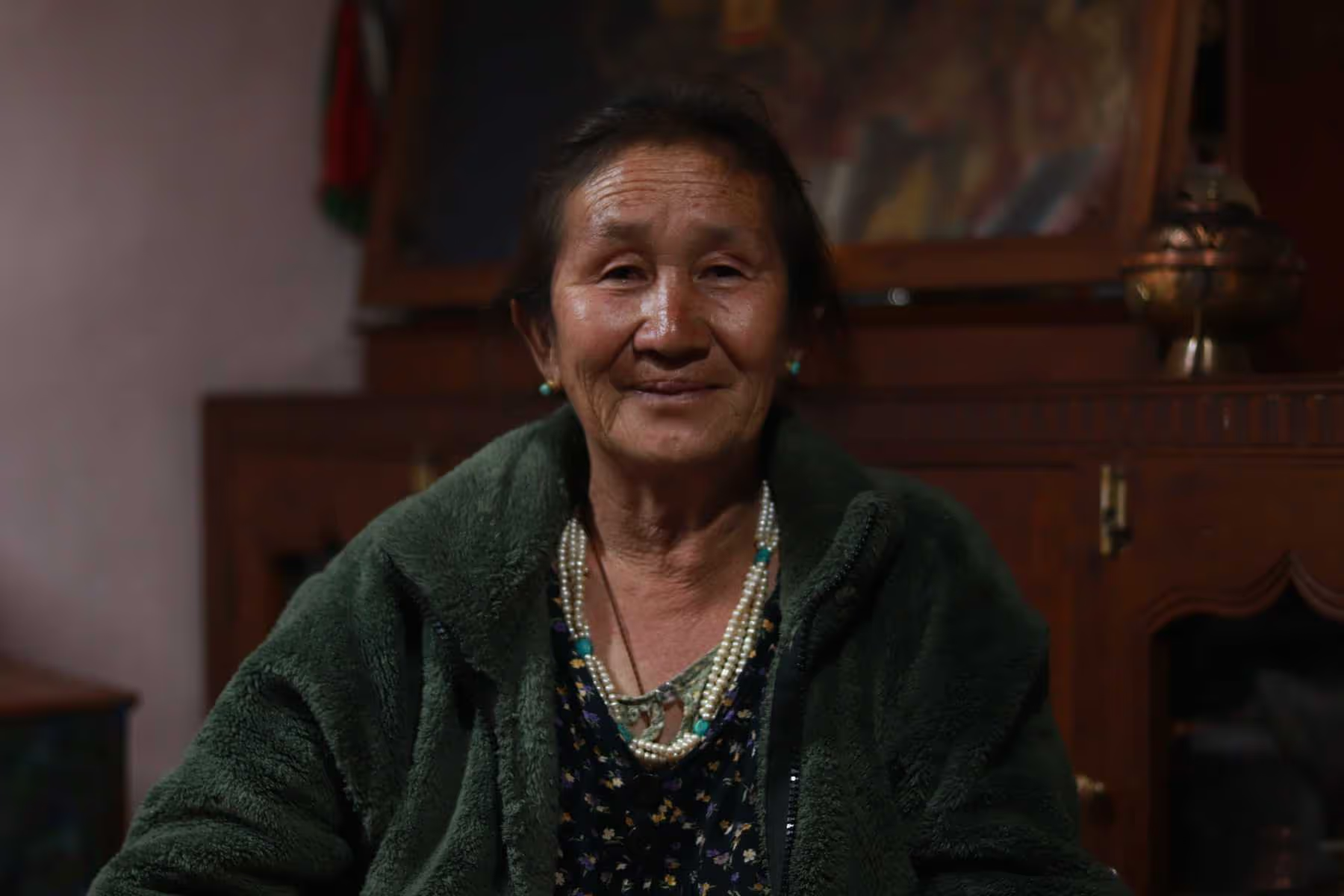
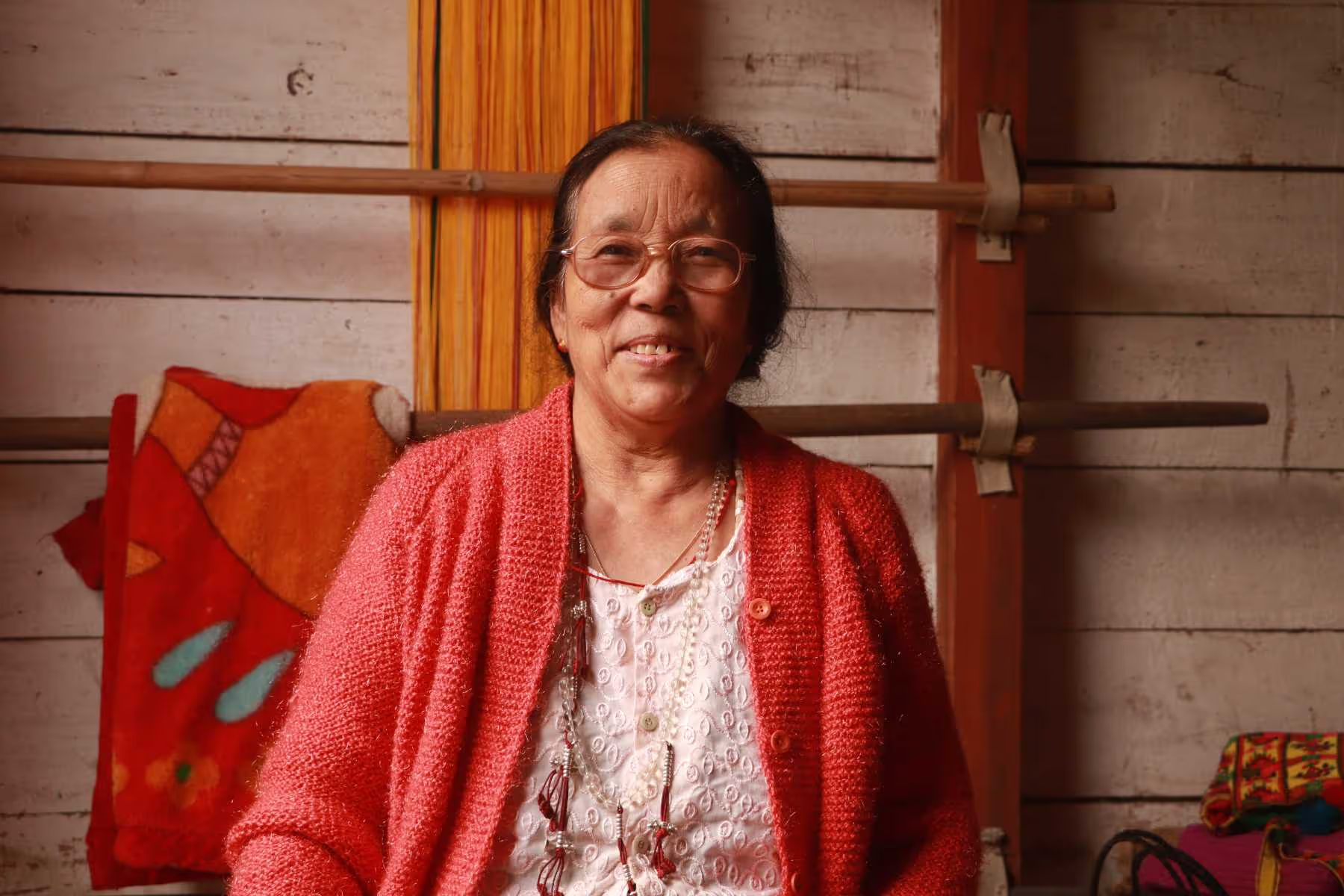
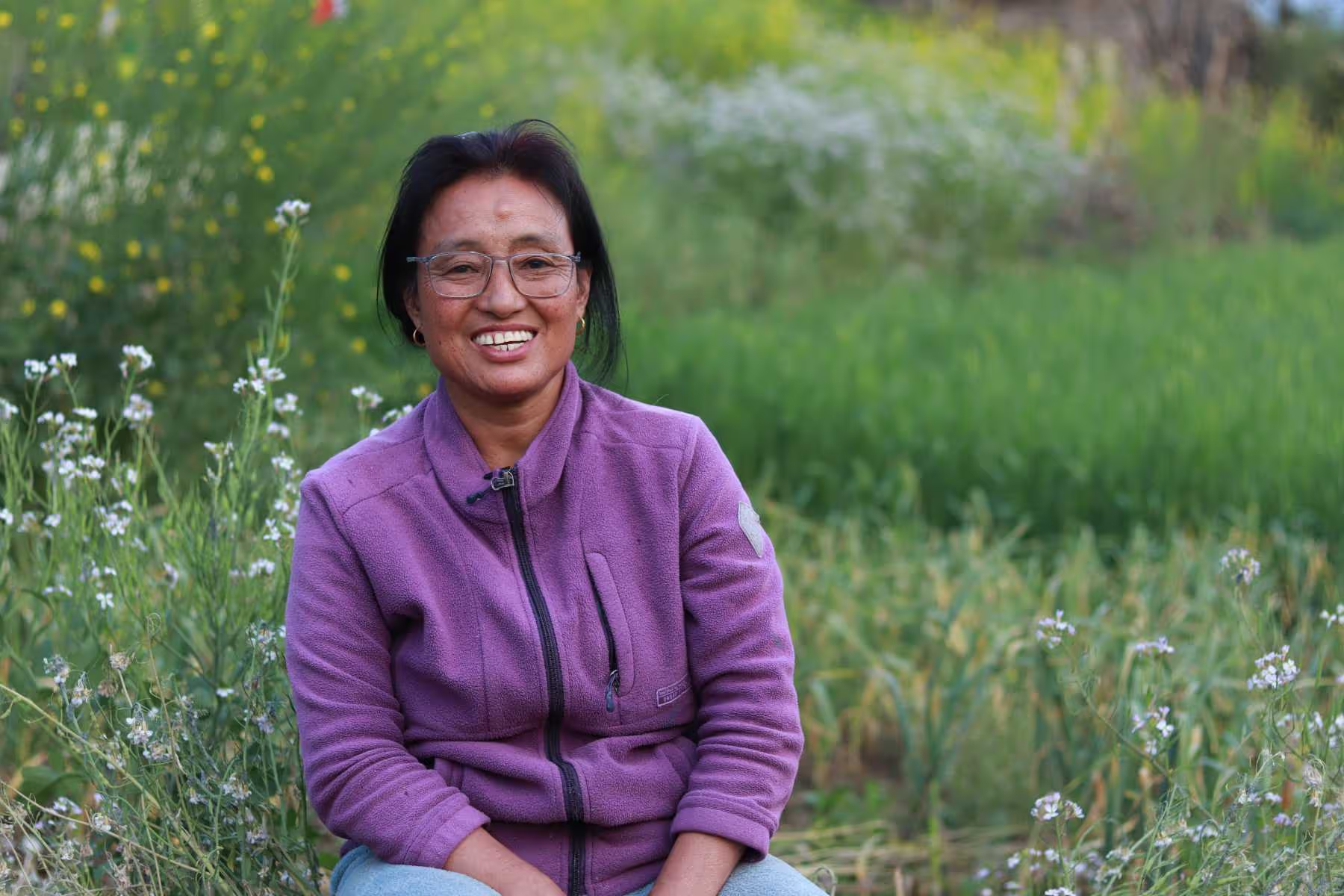
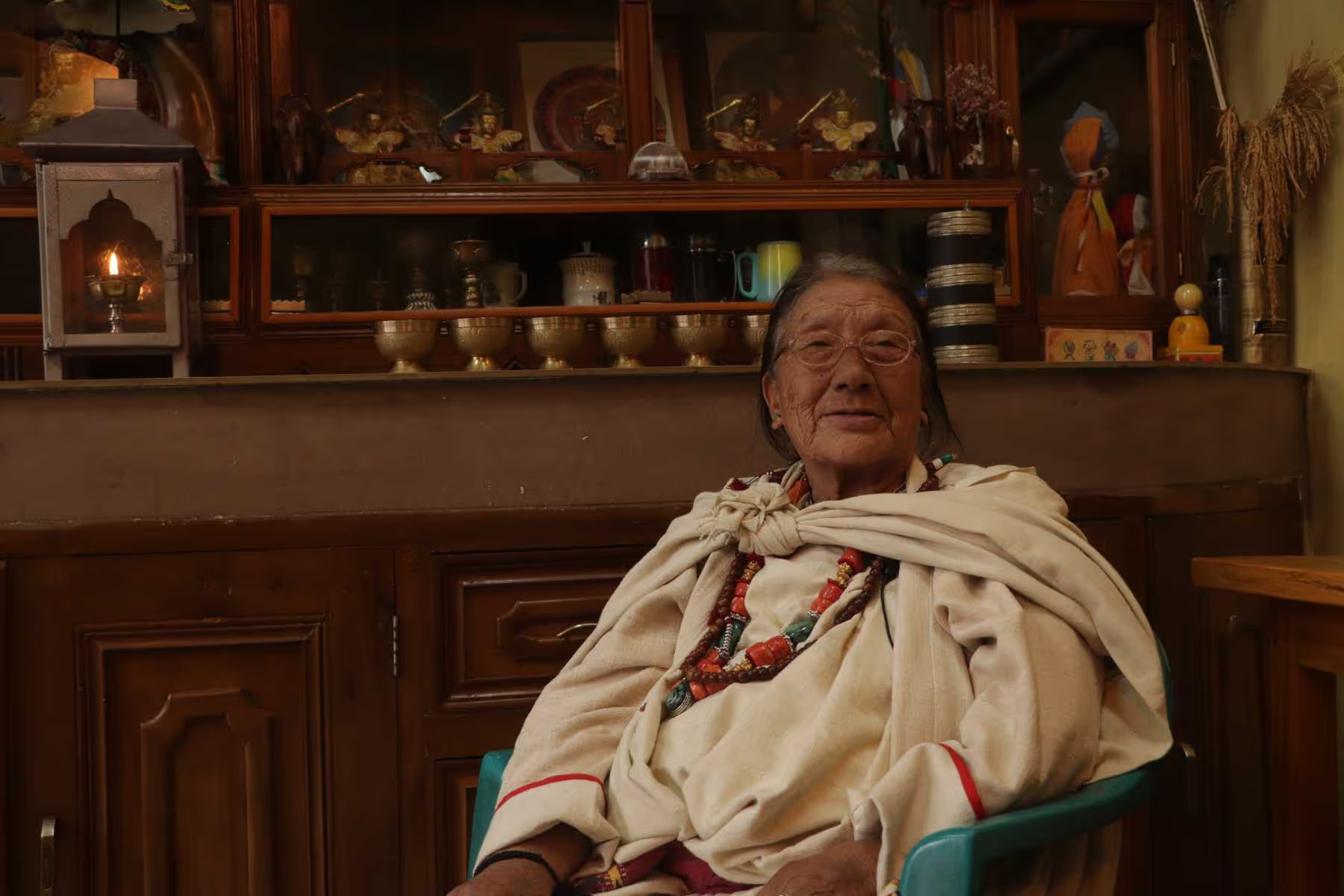



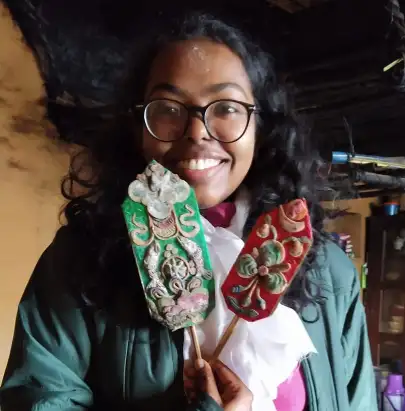
Manisha from Jharkhand has worked across Northeast India - particularly Arunachal Pradesh - since 2017 on projects exploring the human-nature relationship, community governance, and gender in conservation. Currently based in Amsterdam, working at the intersection of design, storytelling, technology, and sustainability. She believes women's ecological knowledge is powerful, and often invisible, and this project is about honouring that wisdom.
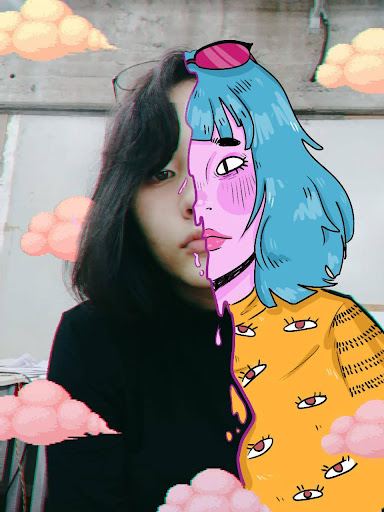
Yangchin is an independent illustrator from Rupa in Arunachal Pradesh who works across projects focused on wildlife and community conservation, using art as a way to connect people with their environment. She contributes illustrations and writing that reflect the nuanced relationships between women, land, and culture, believing in amplifying unheard voices through visuals.
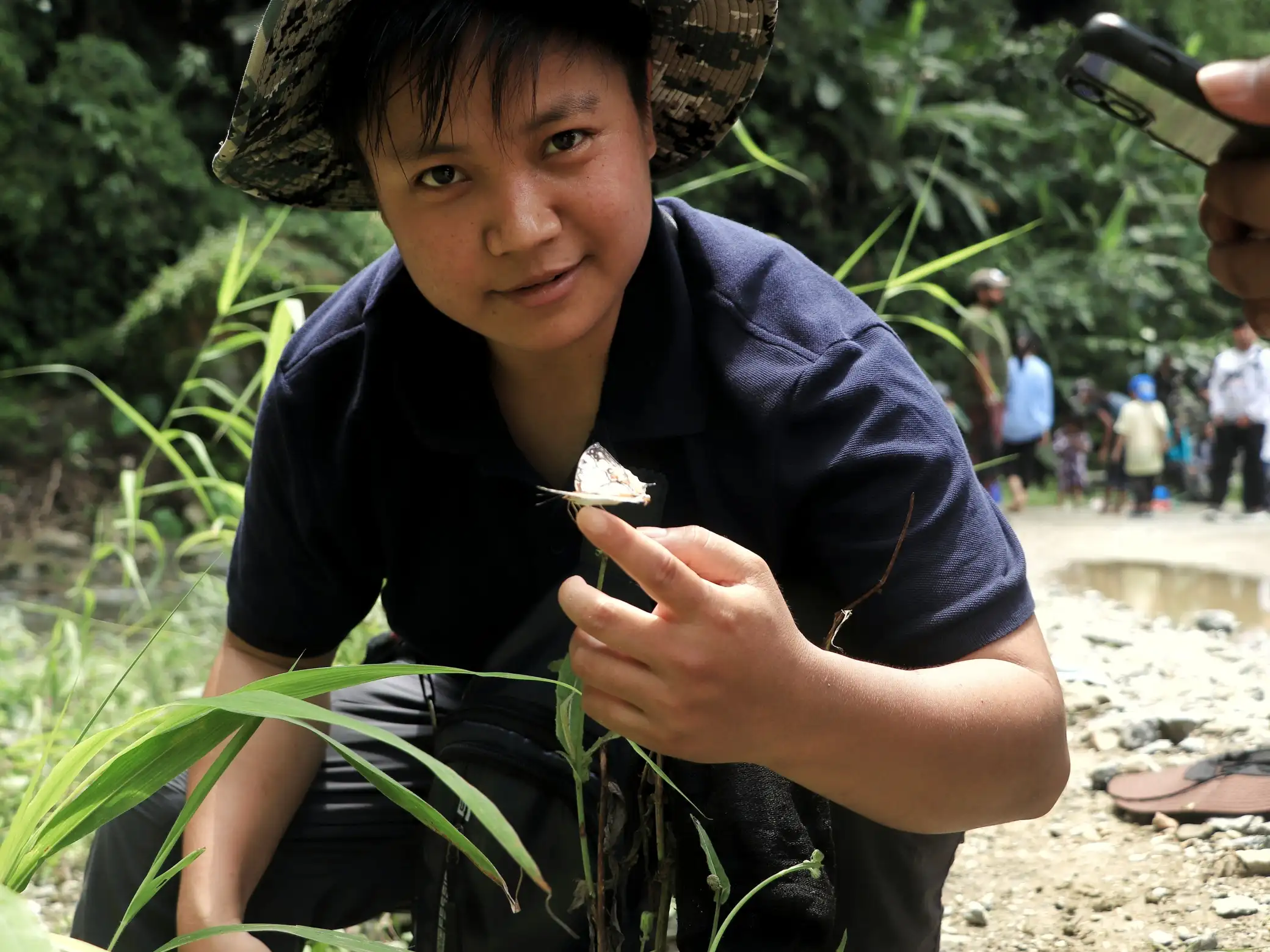
Sara is a documentary filmmaker and Green Hub alumna engaged in cultural and heritage documentation in Tirap district, Arunachal Pradesh, working through photography, storytelling, films, and local awareness programs. She believes in the power of visual storytelling to preserve fragile cultural knowledge and challenge gender invisibility.

Chajo is from Borduria village, Tirap district, Arunachal Pradesh. As a member of the Nocte tribe, she has been documenting local biodiversity and cultural practices since 2018, currently involved in projects focusing on preserving heritage in Tirap district through film, photography, and community awareness programs.